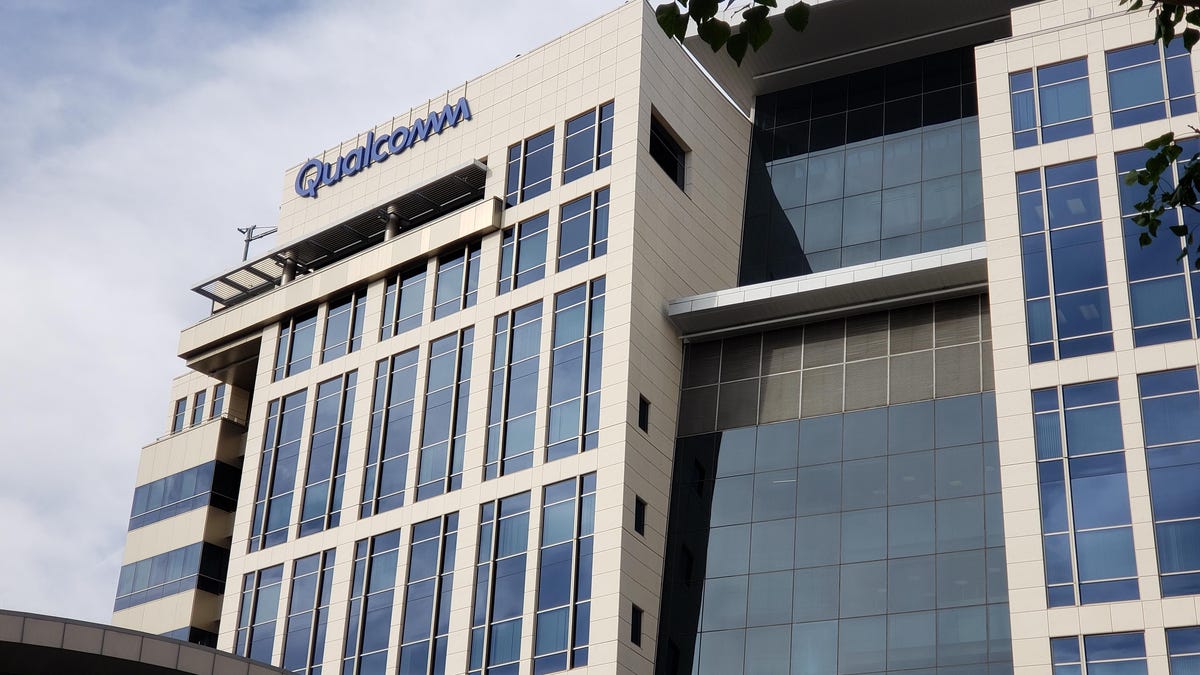Qualcomm's not a monopoly, Japan decides after decadelong investigation
The chipmaker has been scrutinized by governments around the world for its licensing practices. Japan had signed a cease-and-desist order in 2009.

Qualcomm's licensing practices have been facing scrutiny around the globe.
Qualcomm isn't a monopoly after all, a Japanese regulatory body said Friday, reversing its decision from about a decade ago.
The Japan Fair Trade Commission this week canceled a cease-and-desist order from 2009 that affected Qualcomm licensing in Japan, effectively declaring that Qualcomm wasn't guilty of the charges against it. JFTC officials said the decision is "unusual," according to a report from Nippon, and that this is the first time it's revoked a cease-and-desist order since 2012.
The decision gives Qualcomm a win as the company awaits a judge's decision in the US' probe into its business practices.
"We are very gratified to learn that after years of considering the evidence and applicable legal authority, the Japan Fair Trade Commission has concluded there was nothing improper about Qualcomm's cross-licensing program," Don Rosenberg, Qualcomm general counsel and executive vice president, said in a statement. "Today's decision affirms our confidence that once Qualcomm was afforded a full hearing, and actual evidence was considered, the JFTC would find that our cross-licensing program was completely lawful and the product of arms-length, good-faith negotiations with our Japanese licensees."
Qualcomm is the world's biggest provider of mobile chips, and it created technology that's essential for connecting phones to cellular networks. The company derives a significant portion of its revenue from licensing those inventions to hundreds of device makers, with the fee based on the value of the entire phone, not just the components. But not all licensees want to pay as much as Qualcomm charges, and governments around the world have been investigating Qualcomm's licensing practices for anticompetitive practices.
In September 2009, Japan said investigations into Qualcomm found the company was violating the country's Antimonopoly Act when it came to trade practices. The inquiries found that Qualcomm coerced Japanese handset manufacturers, such as Sony, to sign contracts that prevented them from asserting their own intellectual property rights.
"This tends to impede the Japanese manufacturers' ... incentive to engage in research and development pertaining to technologies related to CDMA subscriber units, CDMA base stations and semiconductor integrated circuits used therein and tends to further strengthen Qualcomm's influential position in the market pertaining to the technologies, thereby tending to impede fair competition in the technology market," the JFTC said at the time.
The Tokyo High Court in 2010 issued a stay on the cease-and-desist order. Since then, the JFTC has held 37 separate hearings on the case, Qualcomm said, and it rejected an initial finding related to cross-license agreements between Qualcomm and Japanese manufacturers. But it ultimately determined that Qualcomm's licensing practices didn't violate antitrust law.
Japan isn't the only government body that's investigated Qualcomm. The US, South Korea, China and the European Union are other governments that have scrutinized Qualcomm's business practices. All have probed whether Qualcomm hurt competition by demanding licensing terms that ultimately forced handset makers to exclusively use its chips. Though many have slapped Qualcomm with fines, none have forced it to change its licensing practices.
In China in early 2015, Qualcomm agreed to pay a $975 million fine and lower its licensing fees to settle the dispute in that country. South Korea slapped the company with a $850 million fine the following year, which Qualcomm is appealing. The EU in early 2018 fined Qualcomm $1.23 billion for paying Apple to use only its chips, something Qualcomm also is appealing. And in August of that year, the company reached a settlement with Taiwan, where the country would keep the $93 million Qualcomm had paid, but the company wouldn't owe anything more.
In January, Qualcomm and the US Federal Trade Commission met in a San Jose, California, courtroom to battle over an antitrust case. The FTC has accused Qualcomm of operating a monopoly in wireless chips, forcing customers like Apple to work with it exclusively and charging excessive licensing fees for its technology. The case is now in a judge's hands.
At the same time, Qualcomm is battling its former major customer, Apple. In January 2017, the iPhone giant sued Qualcomm over its licensing practices. Qualcomm has filed countersuits and also accused Apple of patent infringement. The two have been battling in a San Diego court for the past two weeks over patents, and they'll meet again in April over the licensing dispute.
On Thursday, a judge dealt Qualcomm a blow in the upcoming licensing case. US District Court Judge Gonzalo P. Curiel of the Southern District of California ruled that Apple can keep the billions Qualcomm paid it as part of their 2013 contract. And Qualcomm is still on the hook for payments it stopped making.

